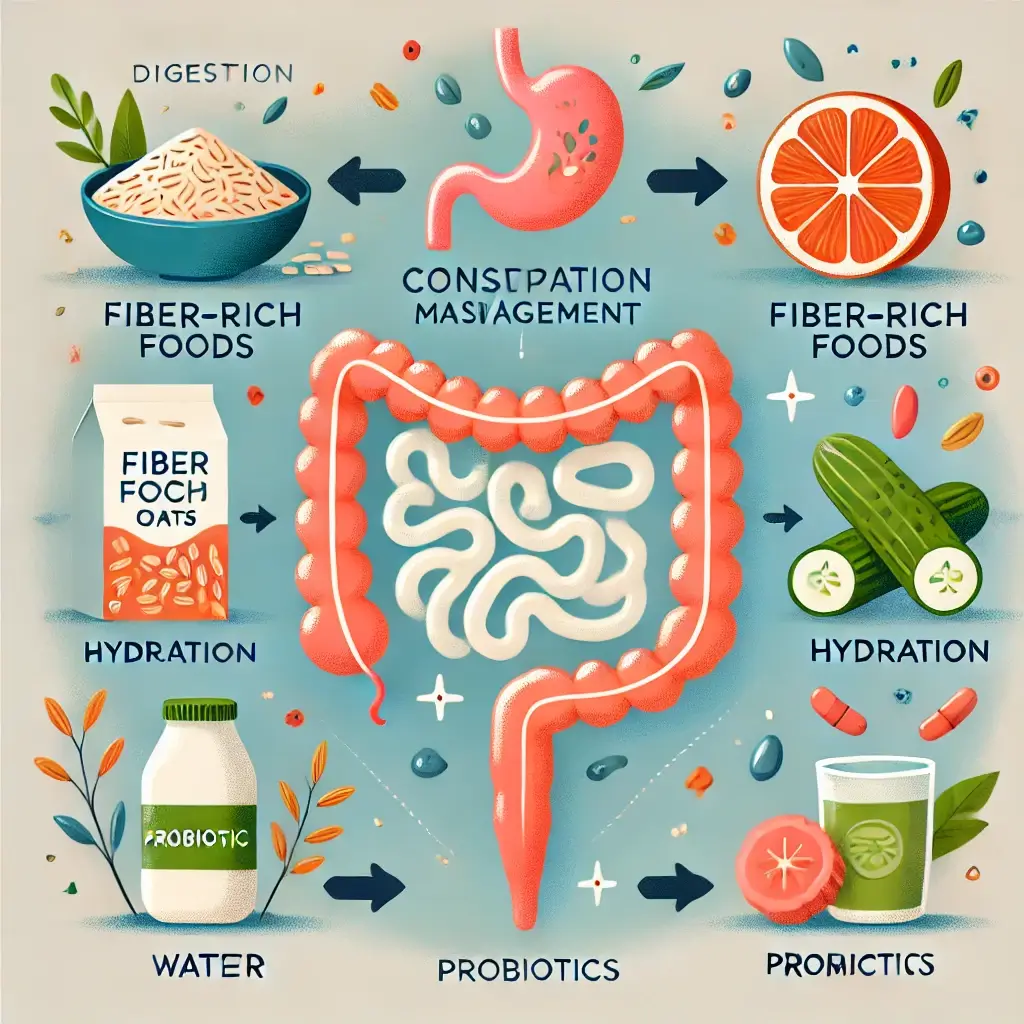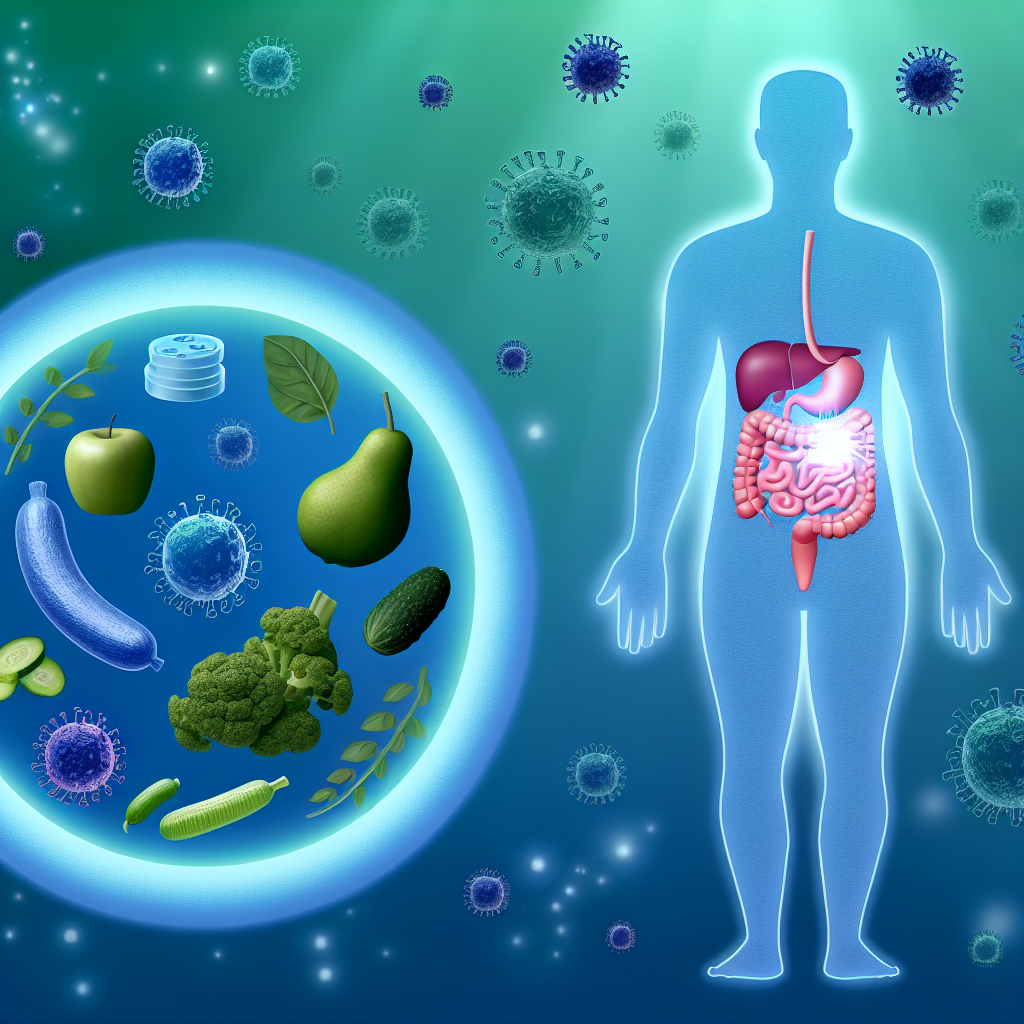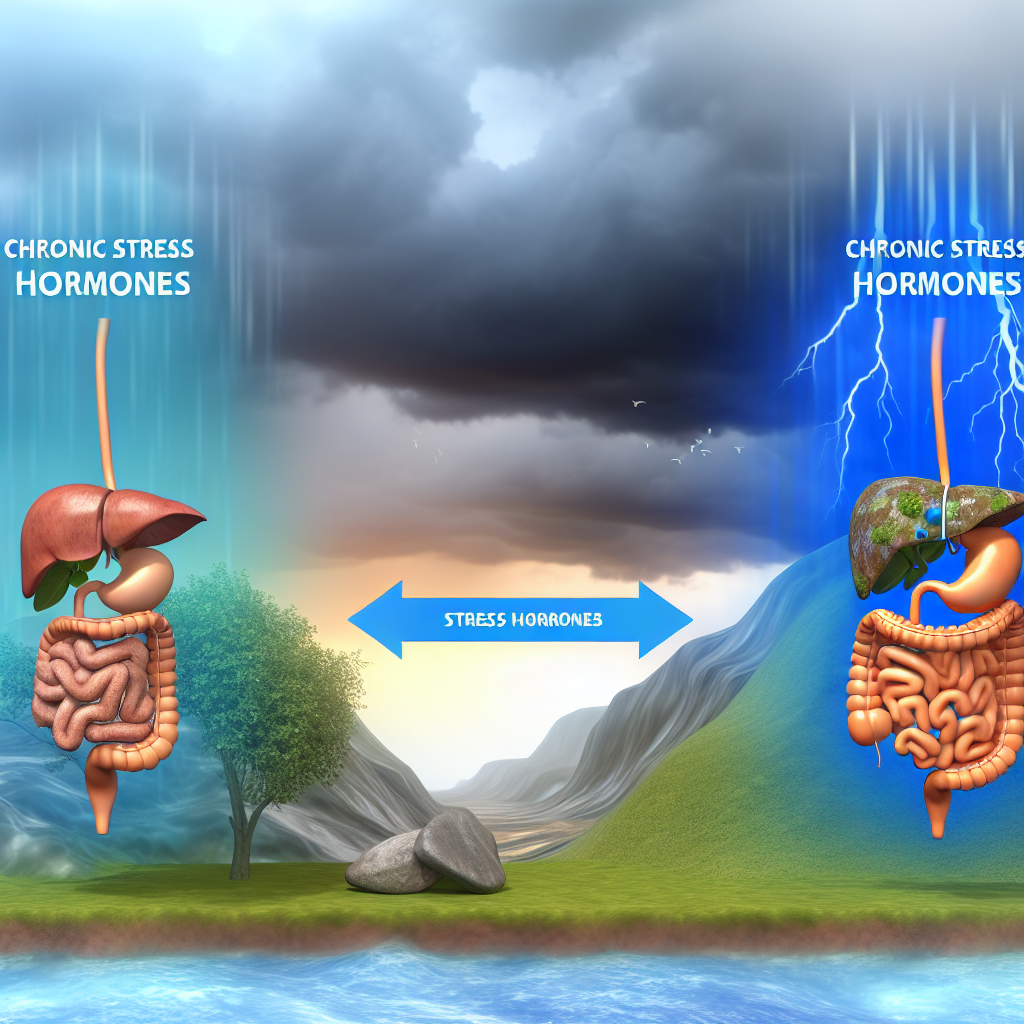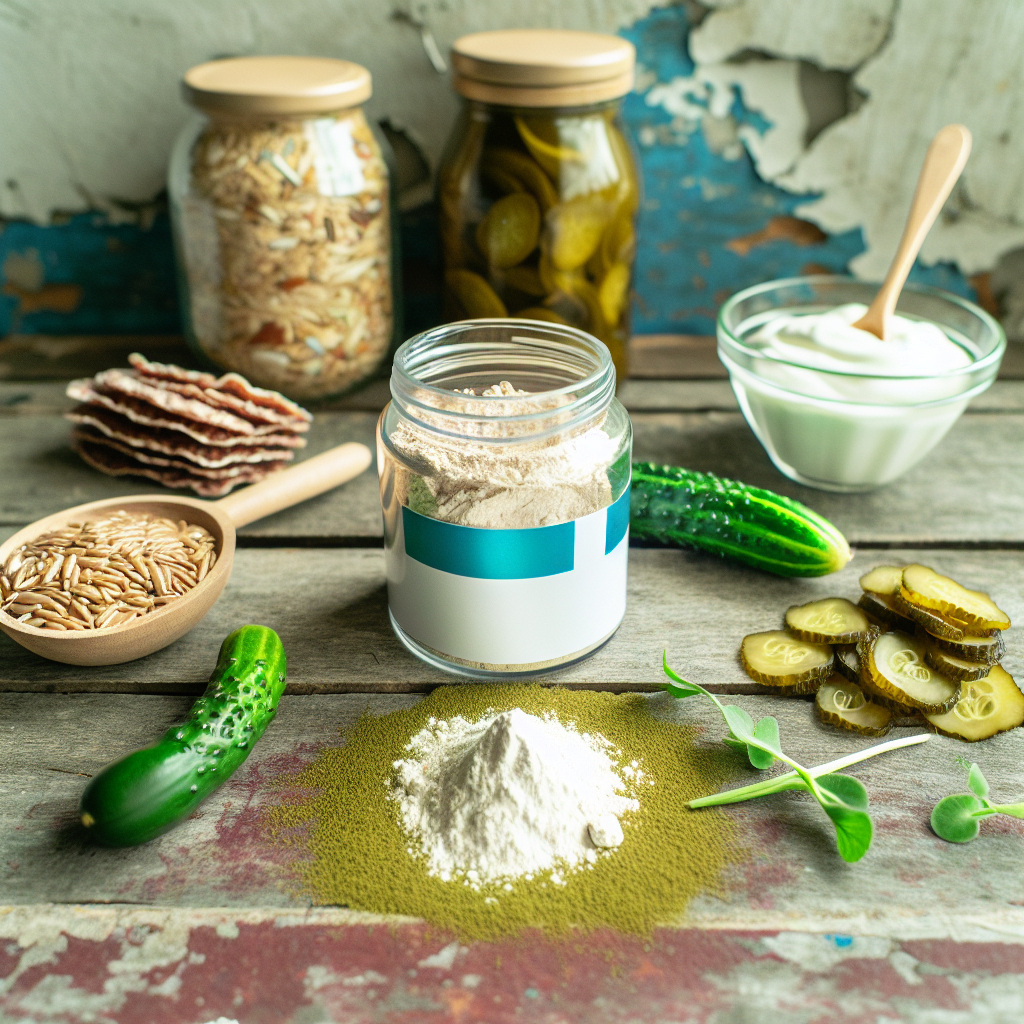Understanding Constipation and Its Impact
Constipation is a common yet often misunderstood gastrointestinal issue affecting millions of individuals globally. Characterized by infrequent bowel movements, difficulty in stool passage, and a sensation of incomplete evacuation, this condition is not just an inconvenience—it can significantly impair quality of life. From bloating and discomfort to more severe complications like hemorrhoids and anal fissures, the implications of unmanaged constipation can escalate quickly.
Multiple Causes and Treatment Approaches
The causes of constipation are multifaceted, encompassing lifestyle factors like inadequate dietary fiber and hydration, sedentary behavior, and the use of certain medications (e.g., opioids, antacids). Chronic medical conditions such as irritable bowel syndrome (IBS), hypothyroidism, or diabetes can also contribute. Despite its prevalence, constipation is highly treatable, with dietary interventions being a cornerstone of management.
Research Approach and Focus
This article takes a research-focused approach, exploring the role of dietary fiber, hydration, and probiotics in relieving constipation. By reviewing recent studies and current trends, we aim to empower readers with science-backed strategies for improving their digestive health.
Fiber: The Cornerstone of Digestive Health
Dietary fiber has long been recognized as a crucial component in managing constipation. Found primarily in plant-based foods, fiber can be categorized into two types:
Types of Dietary Fiber
Soluble Fiber: Absorbs water to form a gel-like substance, softening stools for easier passage. Sources include oats, legumes, and fruits like apples and oranges.
Insoluble Fiber: Adds bulk to stool and accelerates its transit through the digestive tract. Foods like whole grains, nuts, and leafy greens are rich in this type of fiber.
Evidence Supporting Fiber’s Effectiveness
A 2019 systematic review in Alimentary Pharmacology & Therapeutics provided strong evidence supporting the effectiveness of dietary fiber in alleviating constipation. The review highlighted that individuals who increased their fiber intake experienced improved stool consistency, frequency, and overall comfort.
Hydration: The Often-Overlooked Hero
Water is essential for softening stool and maintaining regular bowel movements. Dehydration is a common contributor to constipation, as insufficient fluid intake results in the colon absorbing excess water from the stool, leaving it dry and difficult to pass.
Impact of Water Intake
A 2016 study published in the World Journal of Gastroenterology emphasized the impact of water intake on chronic constipation. The researchers found that increasing water consumption significantly improved stool frequency and consistency, particularly in individuals with low baseline hydration levels.
Alternative Hydration Sources
While water remains the primary recommendation, other fluids like herbal teas, clear broths, and low-sugar fruit-infused water can also support hydration. Foods with high water content, such as cucumbers and watermelon, provide an additional boost.
Probiotics: Balancing the Gut Microbiome
The gut microbiome plays a pivotal role in digestion, and an imbalance in gut bacteria can contribute to constipation. Probiotics—live microorganisms found in fermented foods—have emerged as a promising solution for promoting gut health.
Research on Probiotic Benefits
A 2020 study in Nutrients investigated the impact of probiotics on constipation relief. The findings revealed that regular consumption of probiotic-rich foods improved stool frequency and consistency in participants with chronic constipation. Yogurt with live cultures, kefir, kimchi, and sauerkraut are excellent dietary sources of probiotics.
Current Trends and Innovations in Constipation Management
Beyond traditional dietary approaches, innovations in food science and personalized nutrition are shaping the future of constipation management:
Modern Solutions and Approaches
Prebiotic-Enriched Foods: Prebiotics, non-digestible fibers that fuel beneficial gut bacteria, are increasingly being added to foods like cereals, bars, and beverages. These functional foods enhance gut health while promoting regularity.
Plant-Based Diets: Emerging research highlights the benefits of plant-based diets, rich in fiber and hydration-promoting foods, for improving bowel health.
Tech-Driven Solutions: Apps and devices that track hydration, fiber intake, and bowel movements are helping individuals adopt more proactive approaches to managing their digestive health.
Conclusion: A Science-Backed Path to Digestive Wellness
Constipation is a manageable condition with the right dietary interventions. Research underscores the importance of fiber, hydration, and probiotics as foundational elements in achieving regular bowel movements. Innovations in food science and technology offer additional tools for individuals seeking to optimize their digestive health.
Final Recommendations
By incorporating these evidence-based strategies into daily routines, individuals can not only relieve constipation but also support long-term gastrointestinal wellness. As always, persistent symptoms should prompt a consultation with a healthcare professional to rule out underlying medical conditions.
References
Chey, W. D., & Bharucha, A. E. (2019). Constipation: Evaluation and Treatment. Alimentary Pharmacology & Therapeutics, 50.
Yang, X., et al. (2016). Role of water intake in chronic functional constipation: A comprehensive review. World Journal of Gastroenterology, 22(21), 4878-4887.
Liu, Z., et al. (2020). Prebiotics and Probiotics: Impact on Constipation. Nutrients, 12(8), 2266.

Dominic E. is a passionate filmmaker navigating the exciting intersection of art and science. By day, he delves into the complexities of the human body as a full-time medical writer, meticulously translating intricate medical concepts into accessible and engaging narratives. By night, he explores the boundless realm of cinematic storytelling, crafting narratives that evoke emotion and challenge perspectives.
Film Student and Full-time Medical Writer for ContentVendor.com




